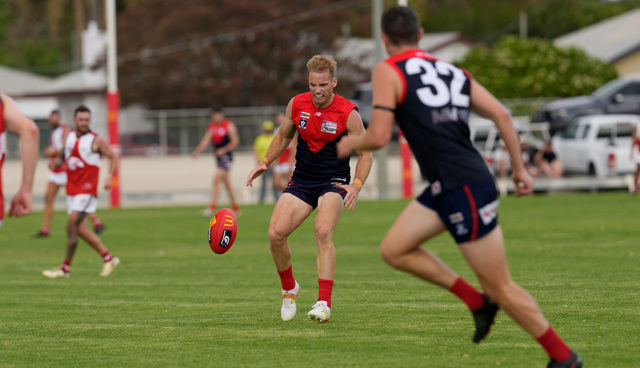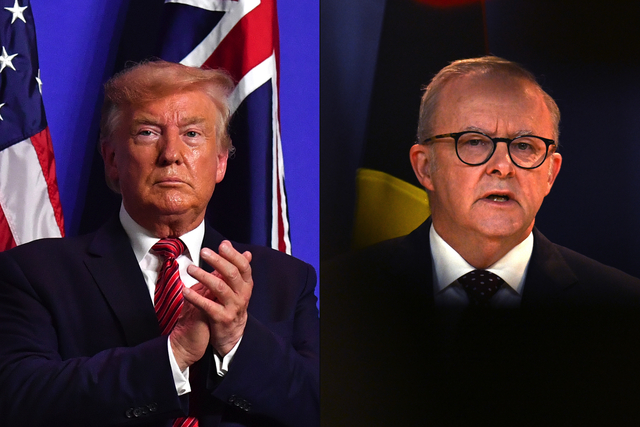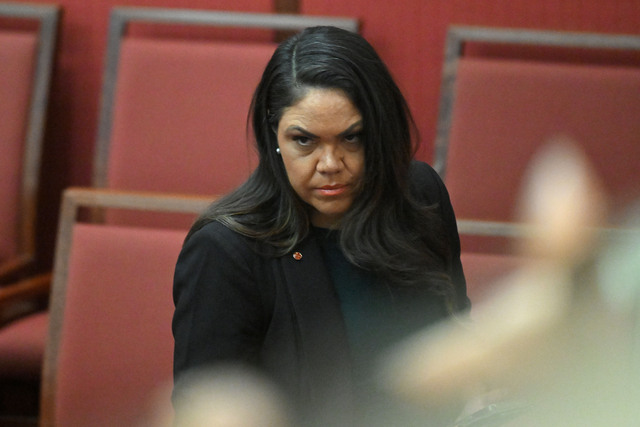THE fate of the Albanese government’s new Pacific Engagement Visa will depend on the Greens and crossbenchers in the Senate.
Supporting legislation passed the Lower House last week, despite vocal opposition from the Coalition.
During her dissenting speech, Member for Mallee Anne Webster criticised the intent of the visa, arguing it would fail to address workforce shortages, particularly in regional areas.
“Labor wants to turn our immigration system on its head, which may lead to perverse outcomes,” Dr Webster said.
“Instead of creating policy based on attracting skilled migrants who contribute to the economy, this government wants to pull names out of a hat for a chance to become a permanent resident in Australia.”
The Government formally announced the visa on February 16, arguing it would “strengthen Australia’s ties with the Pacific family … grow Australia’s Pacific and Timor-Leste diaspora, enhance people-to-people links, and encourage greater cultural, business and educational exchange”.
If introduced, up to 3000 visas will be allocated annually by a ballot process across participating countries.
Applicants will be free to choose where they would like to live, work and study in Australia.
The Opposition argued that “Australia’s immigration system should be nation-building with a key focus on the economic contribution immigrants make to our country” and that “permanent residency and citizenship of Australia should not be decided by a lottery”.
Part of Dr Webster’s argument was that, in her view, the scheme lacked structure and planning.
“We have a proud history in this country of depending on migration to build our workforce and enrich our nation. But a ballot system brings risk that is unacceptable,” Dr Webster said.
“Indeed, from day two, people could begin to rely on welfare rather than work, thereby increasing the burden on Australian taxpayers.
“It will not have a skill level or occupational requirement, or a regional requirement. This rings alarm bells as to its capacity to fill any workforce shortages we have.”
The visa would become Australia’s first dedicated permanent residency pathway for nationals of Pacific island countries and Timor-Leste.
In 2021-22, less than 1000 permanent migrants came from these countries.
Minister for the Pacific Pat Conroy defended the use of a ballot for the visa, telling Parliament that it would avoid “brain drain” – stripping neighbouring countries of their skilled workforce.
“Only by making the visa random, with strict conditions around health, age, character and a job offer, do you guarantee that a high school graduate has as much chance of winning a visa as a cardio surgeon,” Mr Conroy said.
“If you eliminate the ballot, you eliminate that randomness and you actually eliminate any chance of avoiding the brain drain.
“In fact, you deliver a brain drain and you undermine our standing in the Pacific.”
Mr Conroy said the visa will improve permanent migration to Australia, and our position in the region.
“The truth is our national security is founded in part on being the partner of choice for the Pacific, and the truth is also that there’s a great strategic competition occurring in the Pacific and our standing in that region has been undermined by the last government’s incompetence and attitude,” Mr Conroy said.
“Boosting Pacific permanent migration to Australia is an essential part of the government’s plan to build a stronger Pacific family.”
Upper House debate on the Bill has been adjourned until June 13.







